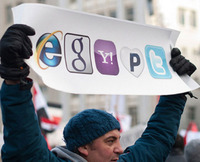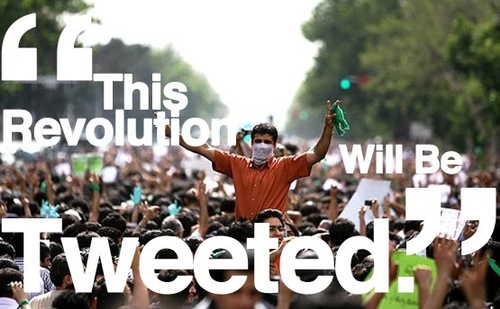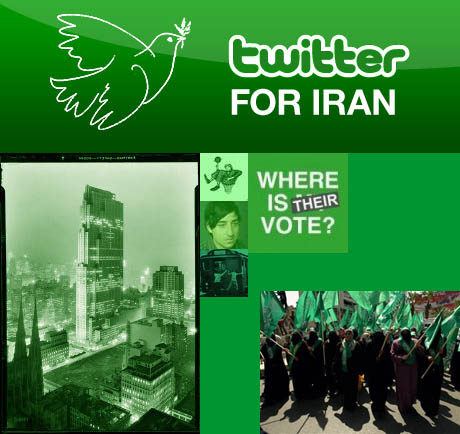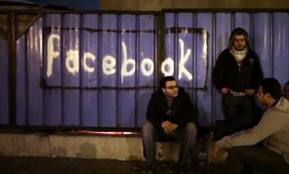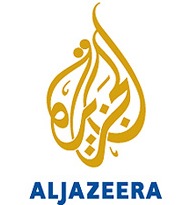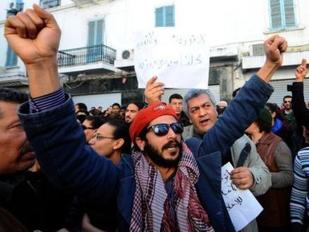The Real Net Effect: The Paid Bloggers and Trolls for Russia's Putin (Elder)
 Wednesday, February 8, 2012 at 8:15 |
Wednesday, February 8, 2012 at 8:15 |  John Horne in
John Horne in  EA Global,
EA Global,  Europe and Russia,
Europe and Russia,  Journalism and Media
Journalism and Media 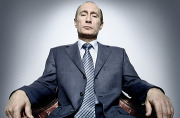 The existence of on-line fronts, of fictional individuals or of people paid to post, has long been suggested but seldom proved. Howver, as more and more corporations, governments, and organisations keen to shape public perceptions, further evidence of such online manipulation may be left behind. Writing for The Guardian, Miriam Elder looks at a campaign in Russia to inflate the status of Vladimir Putin, seeking the mirage that he is very, very popular amongst Russian citizens.
The existence of on-line fronts, of fictional individuals or of people paid to post, has long been suggested but seldom proved. Howver, as more and more corporations, governments, and organisations keen to shape public perceptions, further evidence of such online manipulation may be left behind. Writing for The Guardian, Miriam Elder looks at a campaign in Russia to inflate the status of Vladimir Putin, seeking the mirage that he is very, very popular amongst Russian citizens.
Polishing Putin: Hacked E-mails Suggest Dirty Tricks by Russian Youth Group
Miriam Elder
A pro-Kremlin group runs a network of internet trolls, seeks to buy flattering coverage of Vladimir Putin and hatches plans to discredit opposition activists and media, according to private emails allegedly hacked by a group calling itself the Russian arm of Anonymous.

